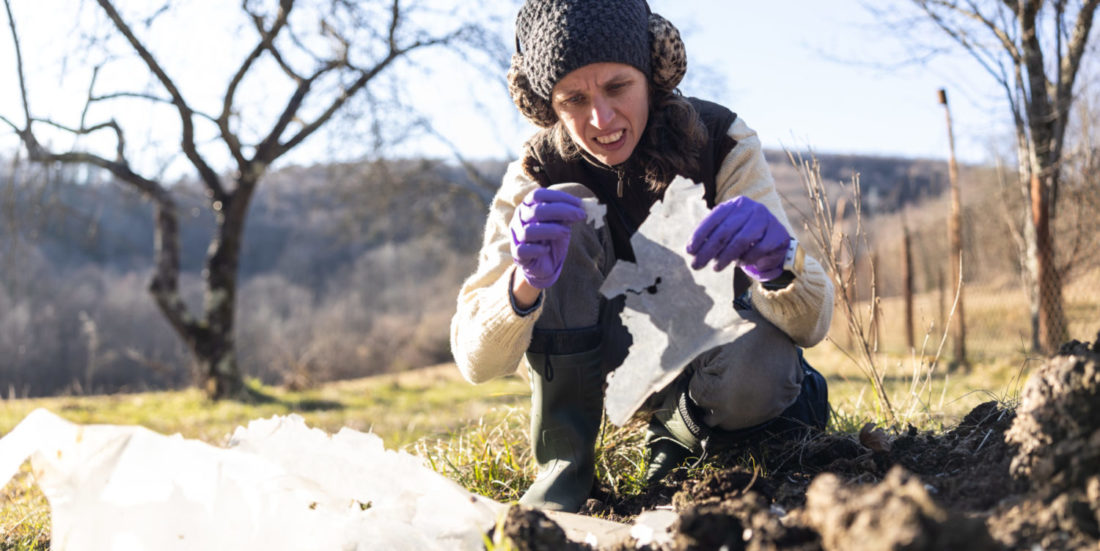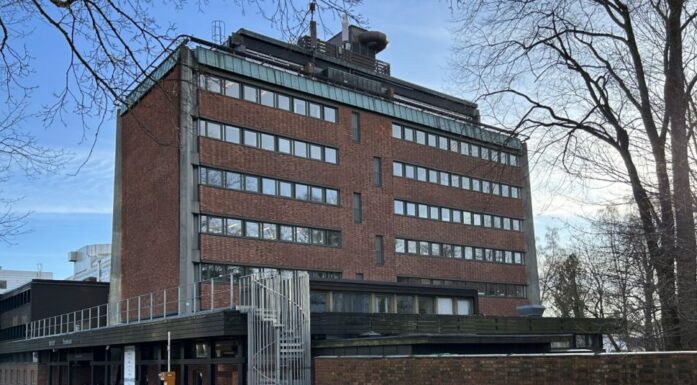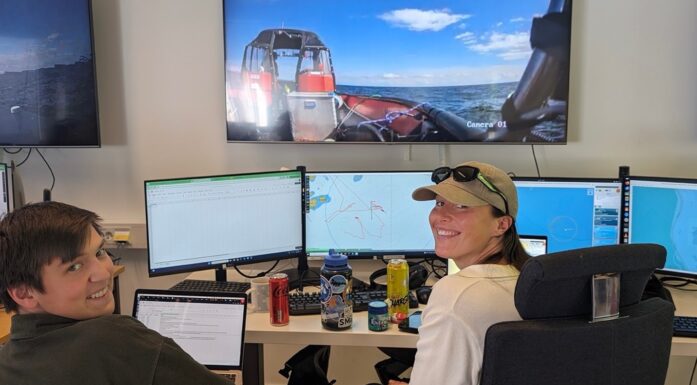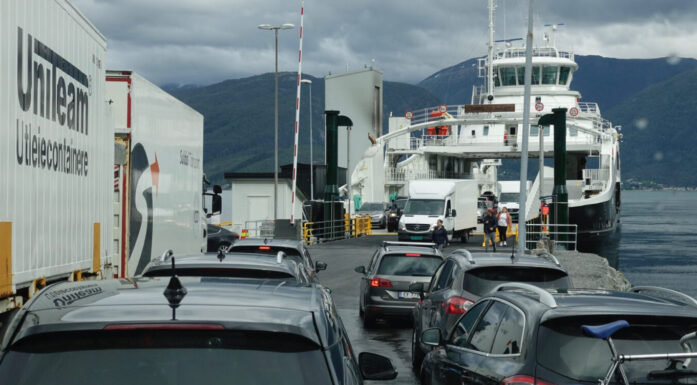Easier to recycle agricultural plastics
Researchers are currently working to improve the recycling system for agricultural plastics. Their aim is that more plastic shall be recovered and recycling made simpler and more effective.
Waste agricultural plastic is an environmental problem in Norway, causing large volumes of pollutant litter. Researchers are now looking into whether the current recycling system can be improved.
“Agriculture of some description takes place in every corner of Norway, so the logistics are quite comprehensive”, says SINTEF researcher Helene Lindberg. “What we’re aiming to do is to reduce plastic pollution and ensure that a greater proportion of agricultural plastic enters a circular system by which as much as possible is recycled for other uses”, she says.
Three main objectives
The research project called ‘Sirkland’, which was launched this spring and will be terminated next summer, involves a collaboration between the farmers’ cooperative Felleskjøpet Agri and the recycling company Quantafuel Kristiansund. The partners have allocated respective responsibilities for three main project objectives:
- Felleskjøpet Agri is working with a pilot scheme for the collection of agricultural plastic from its member farmers.
- Quantafuel Kristiansund will be running tests on the plastic recovered from the farms to see whether it can be turned into materials that can be used to make new products here in Norway.
- SINTEF’s task is to analyse the data and propose initiatives for the management of plastics on the farms to ensure that they are of good quality and so that pollution can be avoided.
Planning a recycling system
The researchers shall complete their tests and make their recommendations by next summer.
“There are many farmers in Norway, and agricultural plastics currently account for a significant proportion of plastics consumption”, says Lindberg. For this reason, it is important that we improve the recycling system. In this way we hope to promote as much re-use as possible”, she says.
The Sirkland research project is being funded by the Handelens miljøfond, which is a private organisation dedicated to promoting the recycling of plastics.





